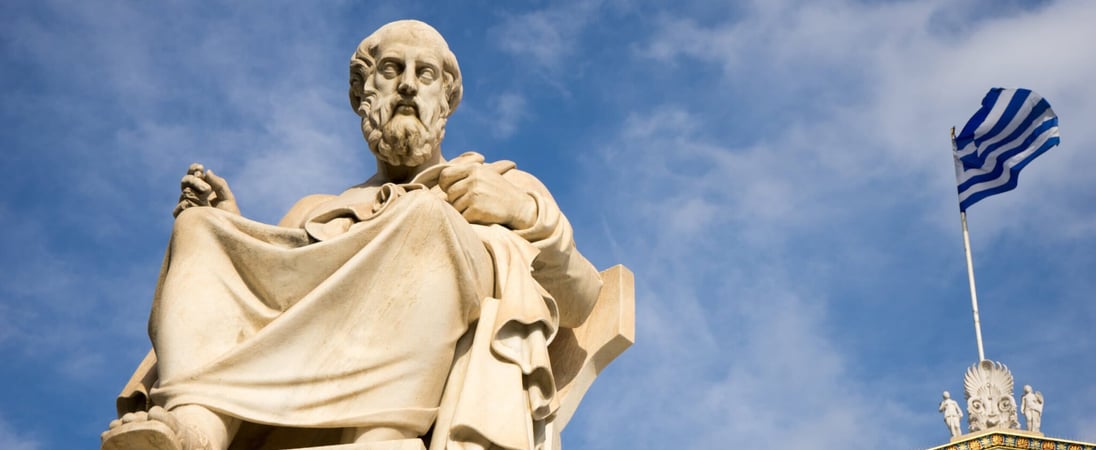
World Philosophy Day
Since the beginning of civilized human activity, philosophy has made an impact on the way that people live their lives, run governments, practice religion, and engage in their communities.
History of World Philosophy Day
The discipline of philosophy can be traced back to Ancient Greece from the 6th century BC onward. From Socrates to the Ionian Philosophers, from the Pythagoreans to the Sophists, philosophy is everywhere and has had an impact on almost everything people do, from idealism to radicalism to materialism and everything in between.
On a personal level, the study of philosophy can help to improve a person’s ability to solve problems, analyze concepts, understand arguments, and build into definitions. It can also help individuals to function better in their community and society as they can learn more about ways to integrate ideas and deal with questions of what is essential and valuable.
Introduced in 2002 by the United Nations Educational, Scientific and Cultural Organization (UNESCO), World Philosophy Day celebrates the value that philosophy has to offer for the development of the people and cultures of the planet. By 2005, UNESCO established World Philosophy Day at their General Conference so that it would be celebrated every year.
The purpose of instituting World Philosophy Day was meant to win recognition for philosophy and give motivation for the teaching and learning of this important discipline. Now is the time to celebrate and dig deep into World Philosophy Day!
How to Celebrate World Philosophy Day
Get involved with enjoying World Philosophy Day by connecting with some of these ideas:
Join in on a World Philosophy Day Event
Celebrated around the globe, World Philosophy Day offers many opportunities to participate in events and activities that promote the concepts. UNESCO collaborates with various institutions and organizations to support and sponsor conferences, workshops, debates, presentations, cultural events and so much more. Check out the UNESCO website to get more information on which educational and government institutions might be sponsoring events in the local community.
Read a Philosophy Book
Get more connected with the world of philosophy by getting educated and reading some books by different authors. Consider reading some of these philosophy books that might be good for beginners:
- Plato: Five Dialogues by Plato. The most famous student of Socrates, Plato offers a foundation for the development of Western philosophy.
- At the Existentialist Cafe by Sarah Bakewell. Revealing the iconoclastic legacy of many of the philosophy giants of the 20th century, including Albert Camus, Simone de Beauvoir, Irish Murdoch and many others.
- The Emperor’s New Mind by Roger Penrose. Offering layman’s explanations and a clear language of understanding, this book conveys the mystery of nature.
- Philosophy as a Way of Life: Spiritual Exercises from Socrates to Foucault by Pierre Hadot. Discussing the different forms of the discourse of philosophy and then moving into the notion of spiritual exercises as well as the art of living.
Also on ...
View all holidaysUse Less Stuff Day
Cutting back on things, like a green champ! It's like giving Earth a high-five, all while making life simpler and cooler.
We think you may also like...
National PTSD Awareness Month
Take some time to understand the devastating effects of PTSD, as well as the potential causes and warning signs. Help raise awareness for those going through it.








